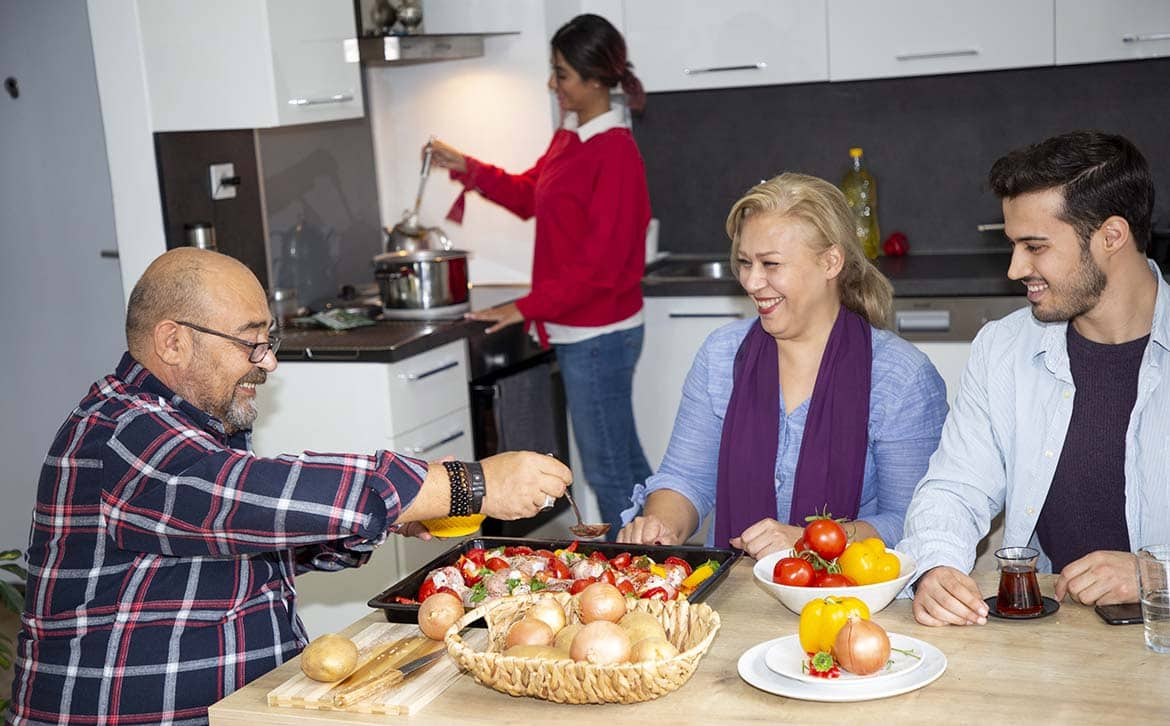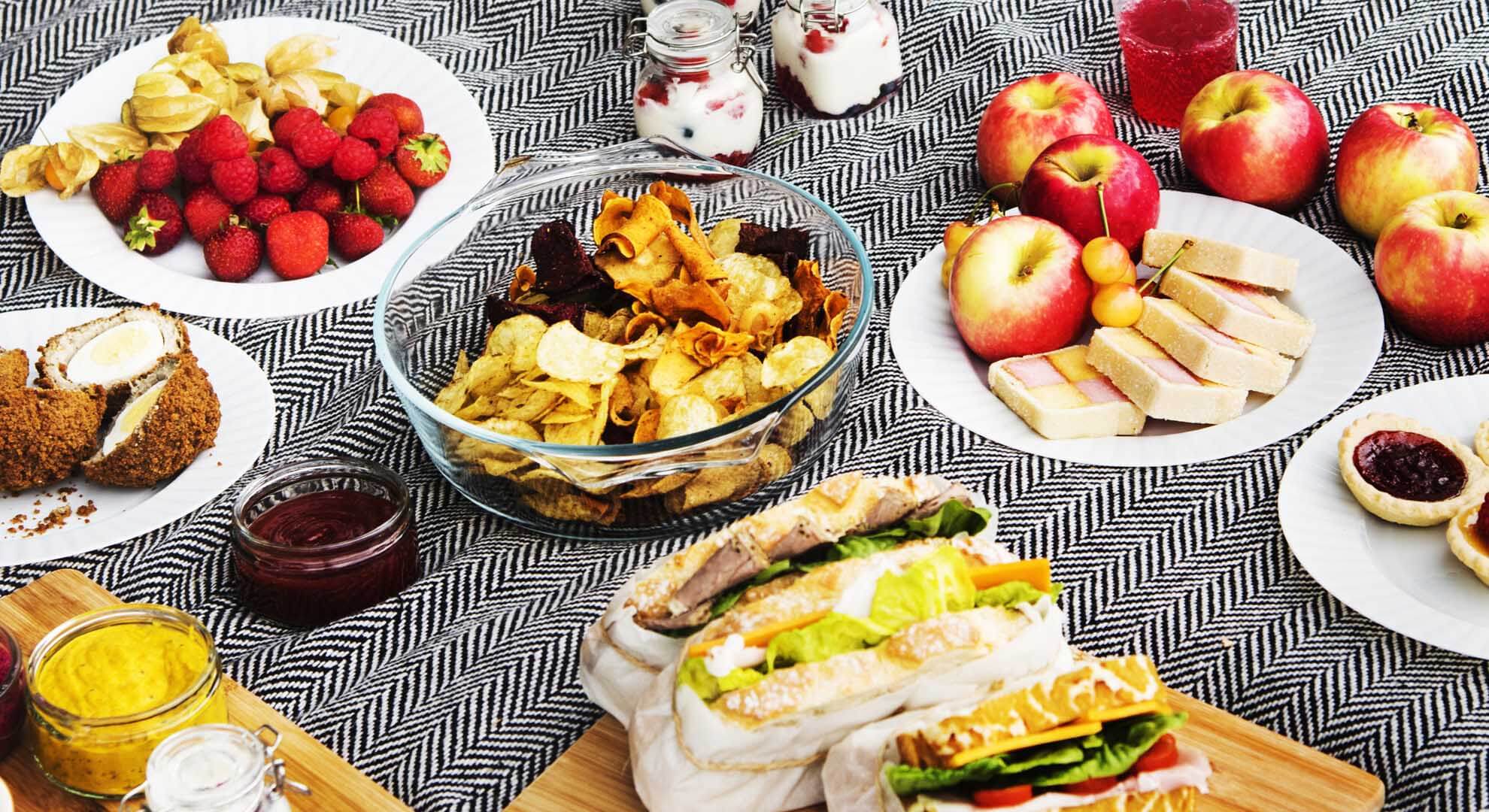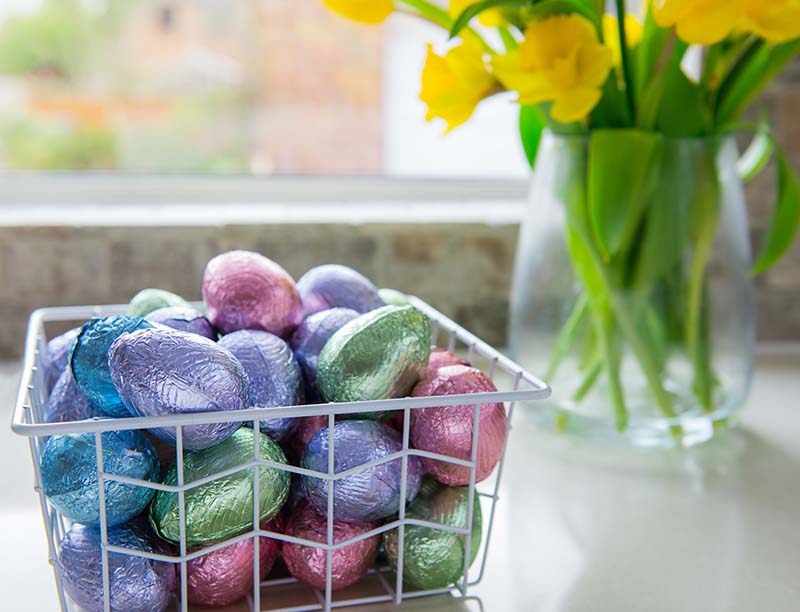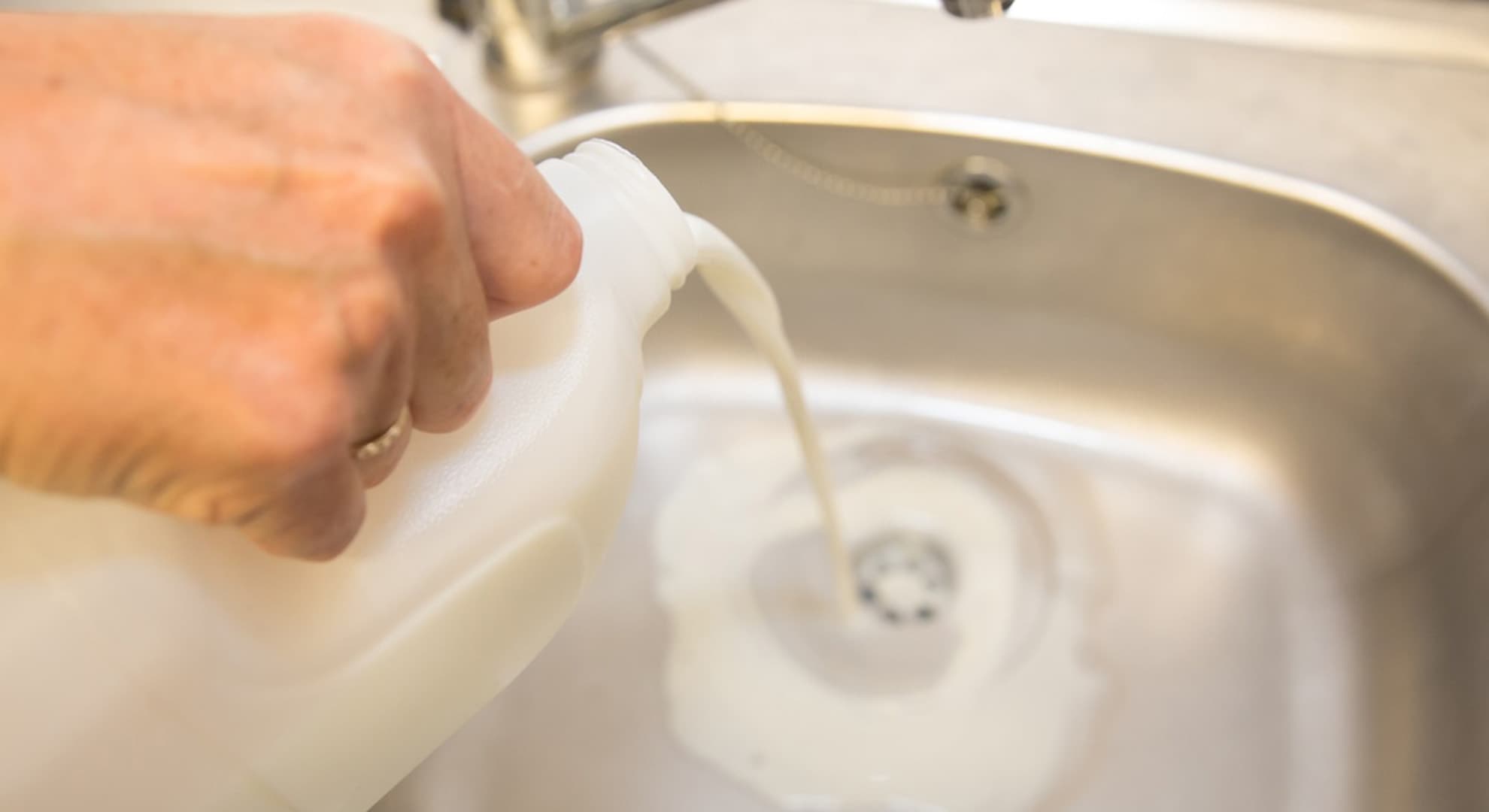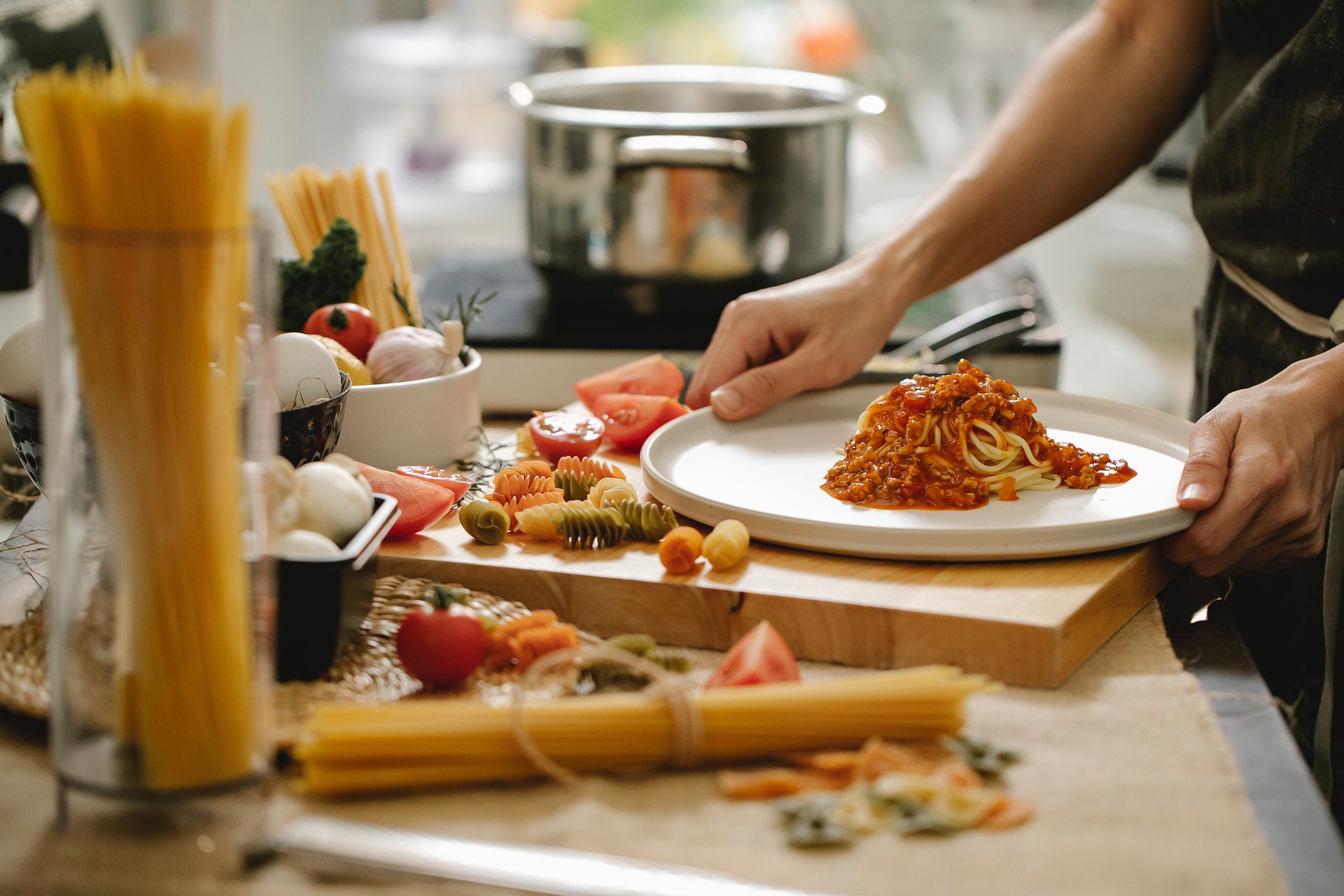
A beginner's guide to meal planning
Meal planning isn’t just about organising dinners; it’s your ticket to saving time, money and stress while reducing food waste and supporting the planet.
Figuring out what to eat every day can sometimes feel overwhelming-just another task to add to your to-do list. After a hectic day, it's all too easy to reach for your favourite takeaway menu, leaving the food you'd planned to cook to spoil.
However, setting aside some time in your weekly routine to prepare a meal plan will help you save your hard-earned cash, minimise food waste, save time and reduce stress. In this guide, we'll show you a simple and flexible step-by-step process for meal planning for beginners.
Receive a free meal planner
Dive in to our new bite-size food waste course and scoop up a tasty free meal planner.
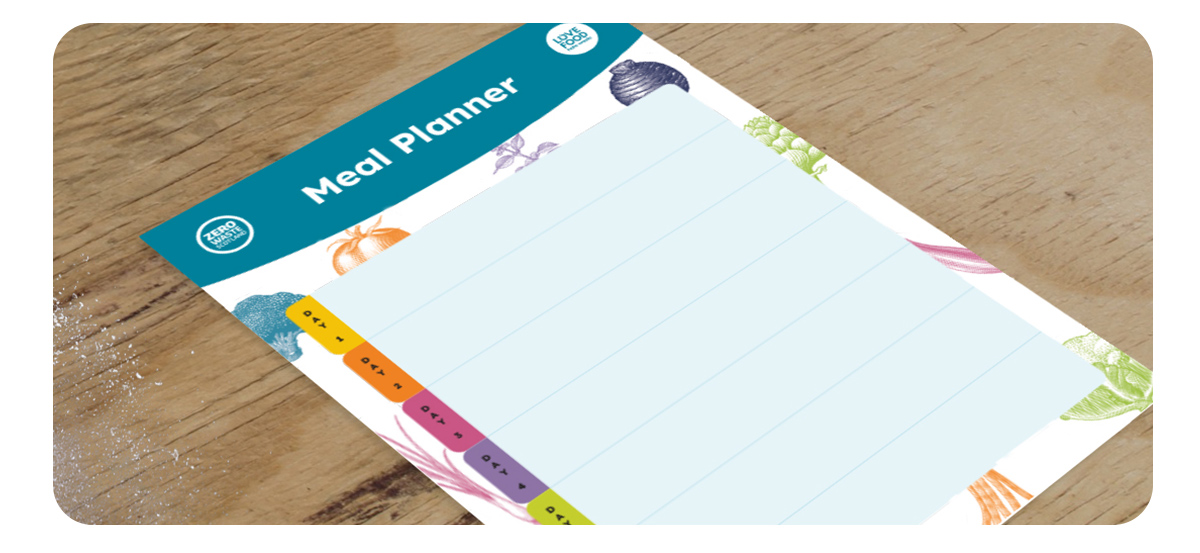
What is meal planning?
Meal planning is simply organising and preparing your meals in advance. The main aim is to reduce food waste, and save you time and money.
How to meal plan effectively
Once you get going, meal planning really is a piece of cake. Here are some simple and effective ways to help you get started.
Building your meal plan
Forward thinking
If you're expecting a hectic week, plan for low-effort meals, or cook in advance to save time and reduce stress.
Shop smart
Check your cupboards and fridge before heading to the supermarket. This prevents overbuying, saves money, and also minimises food waste.
Multi-task menu
Plan meals that share ingredients to save money and limit food waste.
Making your shopping list
Keep it old school
Keep a pad and pen in the kitchen. Then throughout the week, add whatever you need to your list.
Get snap happy
If you’re short of time and don’t have time to write a shopping list, take a photo of your fridge and cupboards before you leave the house.
Food for thought
Think about foods that can be used in more than one meal throughout the week. This will help you use up all your fresh food before it goes off.
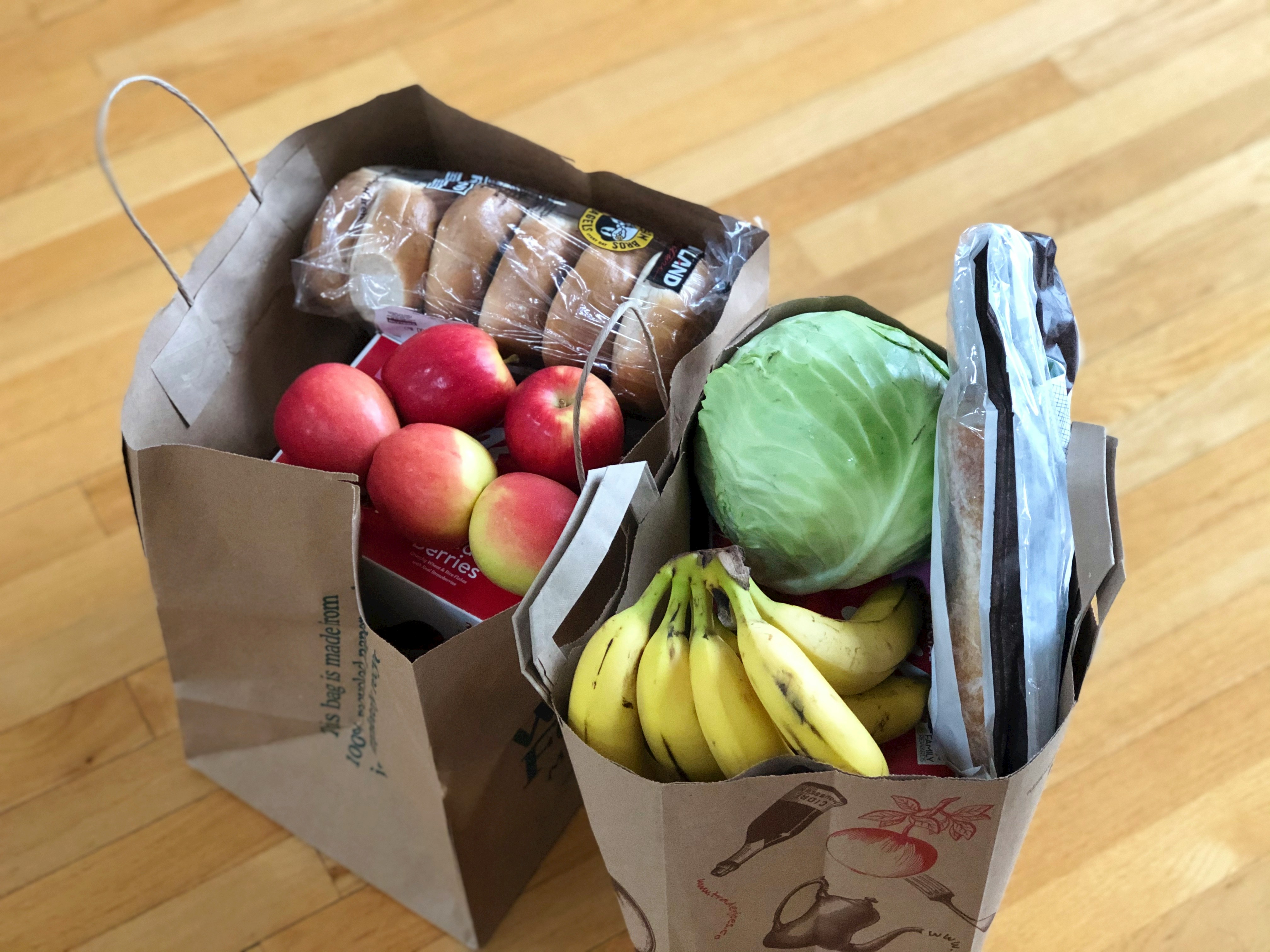
Shopping for groceries
Eat before you go
Food shopping when you’re hungry makes you more likely to impulse buy, and end up with things you won’t use.
Resist the urge
Be sale savvy, don't take up multi-buy offers on perishable items you're not likely to eat in a week.
Size matters
Take only a basket or as small a trolley as you can - this will prevent you from feeling the need to fill the space.
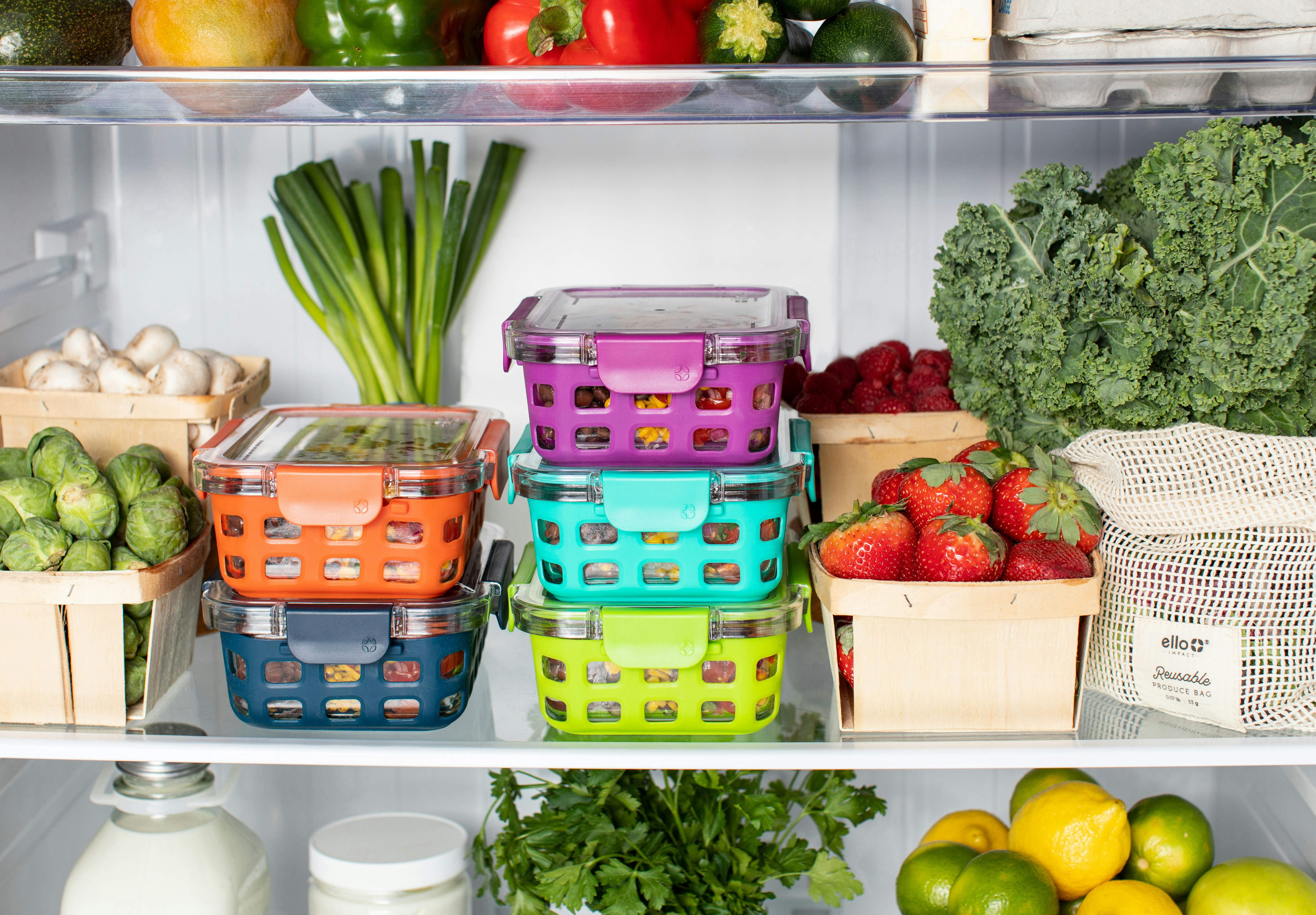
Storing your food
Shelf shuffle
When you get home from the shop, put your newly bought food at the back of the shelf and ensure your older food is brought to the front.
Fresh thinking
Make your fruit last up to 2 weeks longer by simply storing it in the fridge in the pack that it came in. Be sure to check the packaging for guidance for which fruits to put in the fridge and which to store in the fruit bowl.
Store galore
Storing foods like cheese and cooked meats in the fridge? Keep them fresher for longer by storing in an airtight container or wrapping it in beeswax. If you do remove food from its original packaging, make sure you put a label on it noting the use-by date clearly so you don't forget. i
Making the most out of your meals
Use the use-by
Pay attention to use-by dates. Plan meals with or freeze items with shorter expiry dates.
Portion plans
You can help reduce food waste by simply planning your portions. Cooking the right amount of food will save you money too, and it can help you and your family eat more healthily.
Buffet’s best
Serve food buffet style and let family or guests dish out their own portions. This helps make sure no one gets more than they can manage, which limits waste, and leaves leftovers looking more appetising in their containers.
Recycle what’s left
Even the most effective meal planning will leave some unavoidable waste. Ensuring that unavoidable waste doesn't end up in landfill is one of the most effective things you can do to reduce your personal enviormental impact. Did you know that 80% of households in Scotland have a separate food waste collection, but only 55% make use of this service?
Recycling your food waste is easier than you may think, all you need is a food waste caddy to dispose of any food waste that can’t be prevented, in a responsible way. Your local council should be able to provide you with one if you ask.
Did you know that only 55% of households eligible for food waste collection in Scotland make use of this service?
Share on
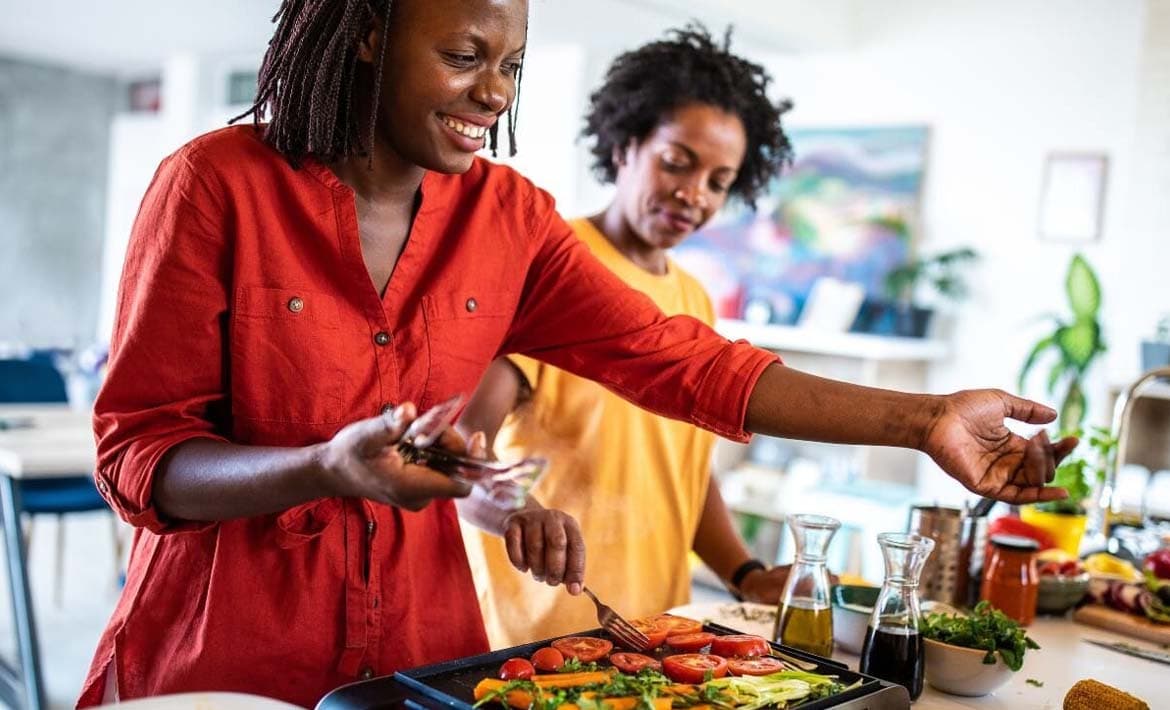
Visit Love Food Hate Waste - Scotland for the latest meal prep and storage advice to prevent food waste.

